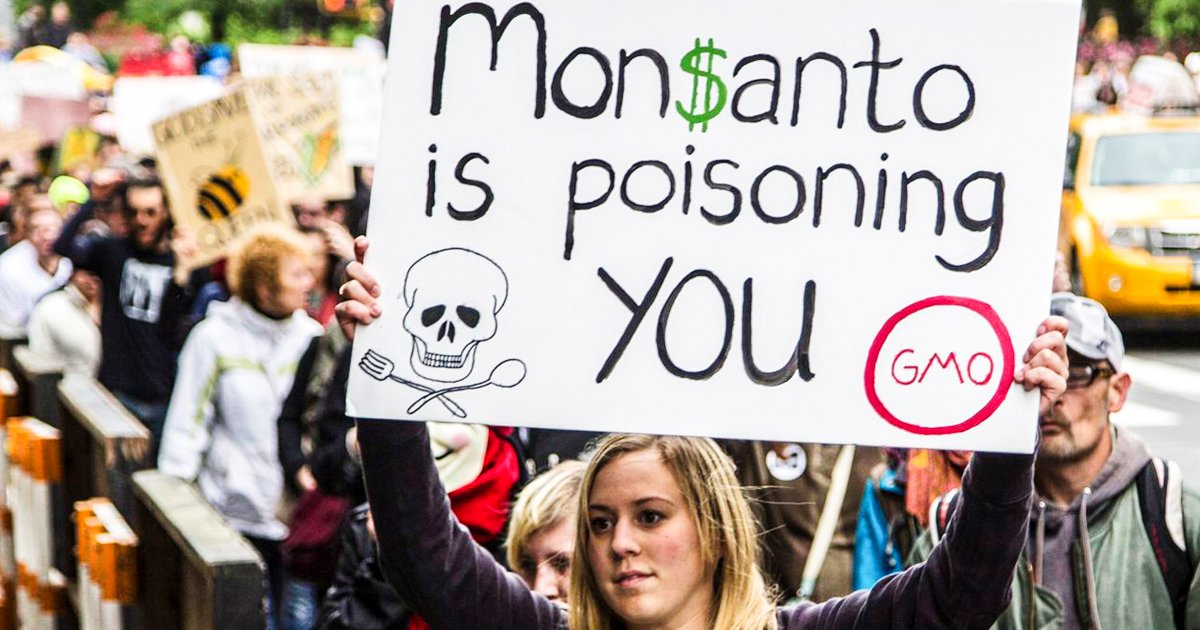A large number of women and children who entered the U.S. illegally in 2014 are being held at private prisons in deplorable conditions in violation of a 1997 settlement on the issue. U.S. District Court Judge Dolly Gee has issued an order, giving the Department of Homeland Security (DHS) until August 3rd to either release the families or file an explanation as to why they should remain in custody.
The Honorable Judge Gee’s order stems from the case known as Flores v. Reno et. al. It was the culmination of more than ten years of litigation over Immigration and Naturalization Service policy on immigrant children (under the age of 18) arriving in the U.S. without their parents or other guardians. With specific exceptions for juvenile delinquents, special-needs children, and those with chemical dependency issues, the settlement requires that “all homes and facilities by licensed programs…shall be non-secure” – in other words, not correctional institutions.
Children with special needs or dealing with drug or alcohol dependency are to be provided with appropriate services and access to treatment programs. In all cases, such minor children are to be placed in the least restrictive environment appropriate to their age and circumstances. They are to have access to water, sanitary facilities, food and medical care as well as reasonably comfortable quarters. The INS is obliged to provide adequate supervision and protection for these children and allow them contact with family members. Under no circumstances are such children to be placed among juvenile offenders – even if the INS must contract with a correctional facility in order to provide them with housing, food and water (in this case, the facility must have separate living quarters available).
In short, immigrant children are to be treated as refugees and asylum seekers, not criminals. The terms of the Flores settlement have not been followed at two privately-run detention centers in Texas. The two facilities are located south of San Antonio, approximately 95 miles apart, in Dilley and Karnes City. A third facility is being operated in Berks County, Pennsylvania, 60 miles northwest of Philadelphia.
Last year, Immigration and Customs Enforcement (ICE), acting under the authority of the Department of Homeland Security, instituted a “blanket policy” of detaining all women with children arriving from Central America. Most of these families are fleeing dangerous, life-threatening conditions in their countries of origin – including domestic abuse. According to court documents, detainees were denied the opportunity for “release on bond, recognizance, supervision or parole if [the ICE] believes that those families arrived in the United States as part of the ‘surge’ of unauthorized entrants – mostly children – that purportedly began in the summer of 2014.”
Judge Gee found DHS policy to be in violation of several provisions of the Flores settlement. She also agreed with the plaintiffs who alleged that the ICE had subjected children to “harsh, substandard conditions and treatment.” According to ACLU lawyers, who represented plaintiffs in an earlier lawsuit, the DHS instituted the policies in order to send a warning message to other would-be asylum seekers.
The defendant in this case – the Federal Government – has claimed that “detention was necessary to protect national security,” according to a professor at the New York University Law School. A press secretary for the DHS told the Los Angeles Times that the agency was “disappointed with the court’s decision and are reviewing it in consultation with the Department of Justice.”



